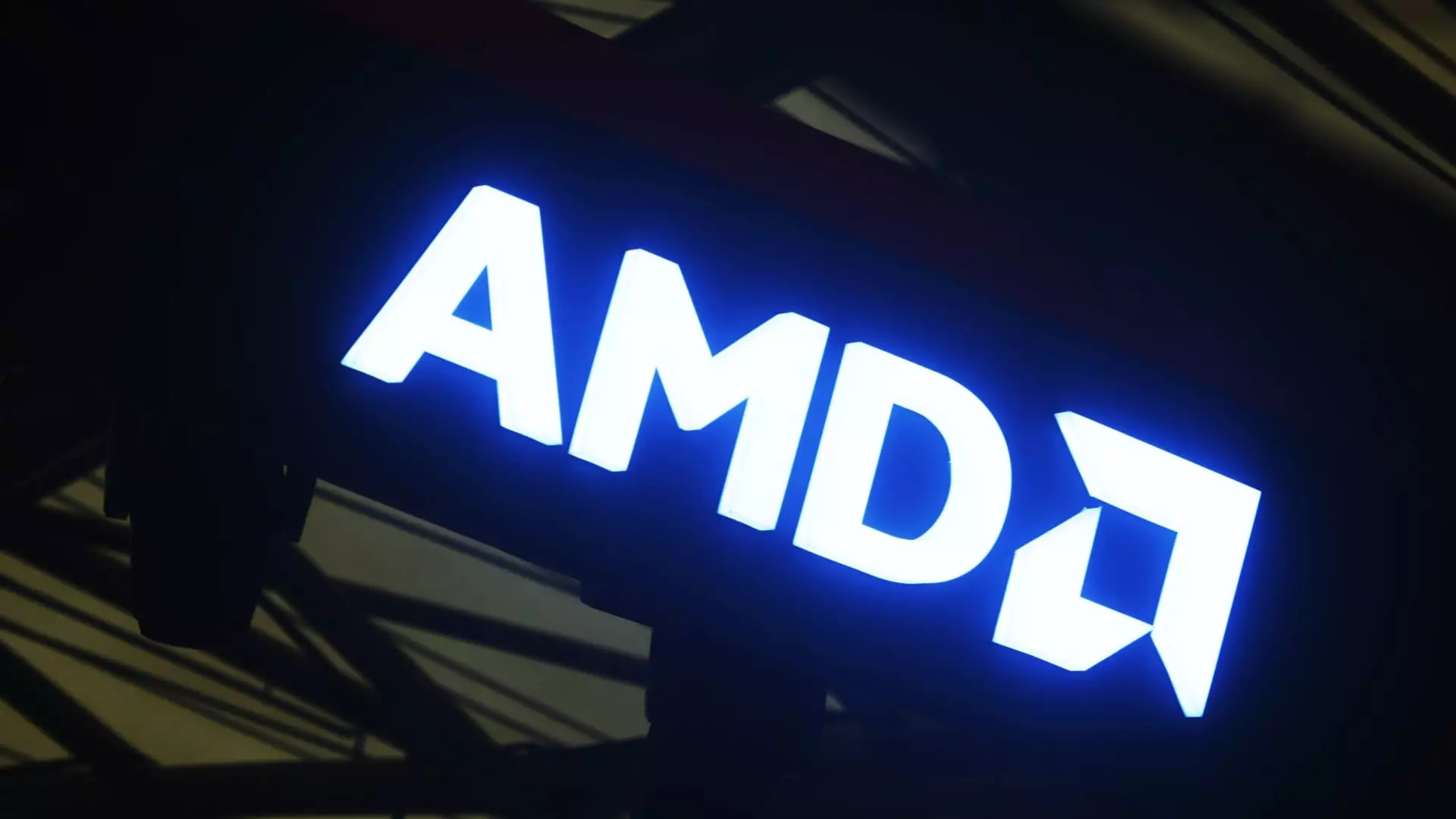As the race for artificial intelligence (AI) dominance continues to intensify, U.S. chip giant Advanced Micro Devices (AMD) is placing its bets on AI-powered personal computers (PCs) to take on formidable rivals including Nvidia and Intel. In an exclusive interview with CNBC, Victor Peng, the president of AMD, expressed his confidence in the expanding market for AI PCs. This article explores the growing significance of AI PCs, their potential impact on the PC market, and the competition between AMD, Nvidia, and Intel in this field.
The Expansion of AI PCs
According to tech research firm Canalys, the surge in generative AI has paved the way for increased demand for PCs with AI capabilities. These AI PCs are equipped with specially designed processors that excel in performing tasks such as real-time language translation. Canalys predicts that by 2027, 60% of the PCs shipped will be AI-capable. The widespread interest in AI was sparked by the viral launch of ChatGPT, a chatbot renowned for its ability to mimic human-like responses to user prompts. Recognizing this trend, HP president and CEO Enrique Lores expressed enthusiasm for the impact of AI PCs, emphasizing that although it may take time for them to penetrate the market, they will inevitably transform the PC category.
Initially, AI-powered devices are expected to target specific segments of the enterprise PC market. However, as more use cases emerge and costs decrease, their deployment is likely to extend to the broader market. Research firm International Data Corporation (IDC) anticipates that the integration of AI capabilities into PCs will serve as a catalyst for upgrades, with these enhanced PCs hitting shelves in the near future. Confident in their position, Victor Peng asserts that AMD is well-positioned in the AI PC space and has secured a competitive advantage through recent announcements. Apart from AI, AMD competes with Nvidia and Intel in the crucial arena of graphics processing units (GPUs), which play a vital role in AI and high-performance computing.
Competition in the GPU Market
Nvidia currently dominates the market for GPUs used in AI applications. The most prominent AI models, including OpenAI’s ChatGPT, heavily rely on Nvidia GPUs such as the H100. Acknowledging the growing demand, Nvidia recently unveiled new GPUs specifically designed for running generative AI applications on PCs. Additionally, they have partnered with renowned laptop manufacturers, including Acer, Dell, and Lenovo, to incorporate their GPUs into portable devices. Intel, on the other hand, launched the Core Ultra chips in December, aiming to accelerate the performance of AI programs. These processors are expected to power more than 230 AI PCs from major companies such as Acer, ASUS, Dell, HP, and Lenovo.
Victor Peng firmly believes that AI will continue to be a dominant force not only this year but also in the years to come. AMD has made significant strides in expanding its presence in the AI market, particularly with its launch of the Ryzen 8000G Series desktop processors. These processors deliver immense power and dominant performance, making them ideal for intensive workloads, including gaming and content creation. AMD has also entered the AI server market with the release of their Instinct MI300X chips, aimed at challenging Nvidia’s H100 chips for large language model training. Peng emphasizes that AI expands beyond just data center GPUs, pointing out that AMD gained significant market share last year and expects further growth in the server segment with their MI300 chips.
The race for AI dominance is in full swing, and AMD is positioning itself as a formidable player in the AI PC market. As the demand for AI capabilities in PCs continues to grow, AMD competes head-to-head with industry giants Nvidia and Intel. The battle for dominance in the GPU market (crucial for AI and high-performance computing) is intensifying, with Nvidia currently leading the pack. However, AMD’s strategic product launches and forays into the AI server market indicate their readiness to challenge Nvidia’s dominance. As AI PCs become increasingly prevalent, consumers can anticipate more powerful and efficient devices that cater to their needs for gaming, content creation, and beyond.


Leave a Reply